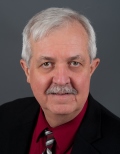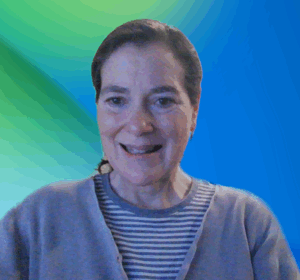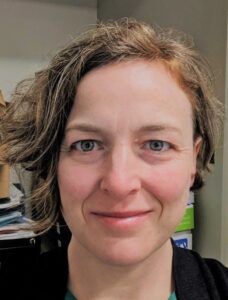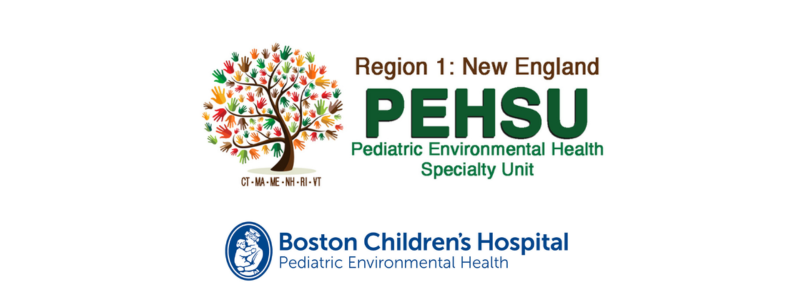
Healthy Homes Grand Rounds (October 14, 2025)
Current Status
Price
Get Started
Course Credit
The following credit is available for this course:
| AMA PRA Category 1 Credits™ (MD, DO, NP, PA) | 1.0 hours |
(Note: a course evaluation is required to receive credit for this course.)
Overview
The Pediatric Environmental Health Center at Boston Children’s Hospital and the New England Region Pediatric Environmental Health Specialty Unit (PEHSU) welcome health professionals to attend the monthly virtual Pediatric Environmental Health (PEH) Grand Rounds.
This Grand Rounds series will provide healthcare providers with state-of-the-science content on current topics in pediatric environmental health. Such information will fill in the knowledge gaps of practitioners, enabling them to effectively counsel families whose children face possible health issues due to environmental chemicals, toxins, and other insults. The PEH Grand Rounds will also educate on practice strategies for the biomonitoring of children at risk for specific exposures to environmental pollutants.
Course Format
This course will be Presented online via Zoom, optimizing virtual interactions between faculty and participants and facilitating interactive discussions.
Course Topic:
PCB’s: A Legacy Pollutant
This presentation explores the history, environmental persistence, health impacts and clinical diagnosis and management of exposure to polychlorinated biphenyls (PCBs) and related chemical compounds. PCBs are a group of synthetic industrial chemicals widely used in electrical equipment, household products, and building materials until they were banned in the U.S. in the 1970s. Despite the ban, PCBs remain a major environmental pollutant due to their chemical stability and persistence, bioaccumulation in food chains, and toxicity to humans and wildlife. The presentation will highlight how PCBs have contaminated ecosystems globally and outline their long-term health effects, including cancer risk, endocrine disruption, and developmental problems. Groups that are particularly vulnerable to PCB toxicity will be described, as well as some clinical and public health strategies to prevent their exposure to these chemicals.
A short Q&A will follow the presentation.
Learning Objectives:
At the conclusion of this educational program, learners will be able to:
- Define PCBs and describe sources of environmental exposure
- List adverse health effects possible associated with PCB exposure
- Discuss benefits and drawbacks to to testing blood for PCBs
- Cite key aspects of counseling families about prevention of low-dose environmental PCB exposures
Speakers:
Alan Woolf, MD, MPH, FAAP, FACCT, FACMT
Mara Seeley, PhD, DABT
Alicia Fraser, DSc
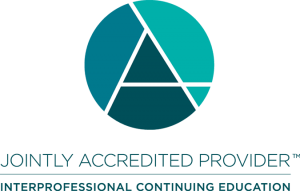
In support of improving patient care, Boston Children’s Hospital is jointly accredited by the Accreditation Council for Continuing Medical Education (ACCME), the Accreditation Council for Pharmacy Education (ACPE), and the American Nurses Credentialing Center (ANCC), to provide continuing education for the healthcare team.
Physician
Boston Children’s Hospital designates this live activity for a maximum of 1.00 AMA PRA Category 1 Credits ™. Physicians should claim only credit commensurate with the extent of their participation in this activity.
Physician Assistant
Boston Children’s Hospital designates this live activity for a maximum of 1.00 AMA PRA Category 1 Credits ™. Physicians should claim only credit commensurate with the extent of their participation in this activity.
Nurse
Boston Children’s Hospital designates this activity for 1.00 contact hours for nurses. Nurses should only claim credit commensurate with the extent of their participation in the activity.
Alan Woolf, MD, MPH, FAAP, FACCT, FACMT
Co-Director, Pediatric Environmental Health Center, Boston Children’s Hospital
Co-Director, Region 1 Pediatric Environmental Health Specialty Unit (PEHSU)
Professor of Pediatrics, Harvard Medical School
Dr. Alan Woolf is a pediatrician, medical toxicologist and medical educator. He is the Co-Director of both the Pediatric Environmental Health Center at BCH and the Region 1 New England Pediatric Environmental Health Specialty Unit and a Professor of Pediatrics at Harvard Medical School. Dr. Woolf is a past-president of both the American Academy of Clinical Toxicology and the American Association of Poison Control Centers. In 2018, he received the Career Achievement Award from the American Academy of Clinical Toxicology and, in 2019, was named the Louis Roche Lecturer by the European Association of Poisons Centers and Clinical Toxicologists, the highest honor given to a toxicologist by that organization. Dr. Woolf has published extensively on childhood poisonings and environmental hazards, toxic reactions to heavy metals, poisoning prevention, poison control center functioning, toxic reactions to botanicals, herbs and dietary supplements, and the contamination of everyday products. He has published two books: The Children’s Hospital Guide to Your Child’s Health and Development (Perseus Publishers, Cambridge, MA) and, most recently, The History of Modern Clinical Toxicology (2021: Academic Press).
Mara Seeley, PhD, DABT
Senior Toxicologist, Division of Environmental Toxicology, Hazard Assessment and Prevention
Massachusetts Department of Public Health, Bureau of Climate and Environmental Health
Mara Seeley is a Senior Toxicologist in the Bureau of Climate and Environmental Health at the Massachusetts Department of Public Health (MDPH). Prior to working for MDPH, Mara worked as a senior toxicologist at a consulting company, where she specialized in human health risk assessment. Mara has authored or co-authored peer-reviewed articles and book chapters on various toxicology and risk assessment topics, and served on two committees of the National Academies’ Institute of Medicine; she has a Masters in Environmental Engineering & Science and a Doctorate in Environmental Health/Toxicology, both from the University of Washington, and is a Diplomate of the American Board of Toxicology.
Alicia Fraser, DSc
Director of Environmental Epidemiology, Department of Public Health, Bureau of Climate and Environmental Health
Dr. Fraser is the Director of Environmental Epidemiology for the Bureau of Climate and Environmental Health with the Massachusetts Department of Public Health. For 13 years, she has worked with DPH conducting community-based epidemiology studies, overseeing statewide surveillance and tracking of environmental health outcomes such as childhood blood lead exposure and pediatric asthma, and helping to address community concerns associated with environmental exposures alongside a team of dedicated scientists. Prior to this role, Dr. Fraser studied at the Boston University School of Public Health, earning her doctor of science degree in environmental health in 2010.
Disclosures
Boston Children’s Hospital adheres to all ACCME Essential Areas, Standards, and Policies. It is Boston Children’s policy that those who have influenced the content of a CME activity (e.g. planners, faculty, authors, reviewers and others) disclose all relevant financial relationships with commercial entities so that Boston Children’s may identify and resolve any conflicts of interest prior to the activity. These disclosures will be provided in the activity materials along with disclosure of any commercial support received for the activity. Additionally, faculty members have been instructed to disclose any limitations of data and unlabeled or investigational uses of products during their presentations.
The following planners, speakers, and content reviewers, on behalf of themselves, have reported the following relevant financial relationships with any entity producing, marketing, reselling, or distributing health care goods or services consumed by, or used on patients:
| Name, Degree | Entity Name, or None |
| Alan Woolf, MD, MPH, FAAP, FACCT, FACMT | None |
| Alicia Fraser, DSc | None |
| Mara Seeley, PhD, DABT | None |
Please see the FAQs below for common questions about how to work through a course. If you have a question or issue that is not addressed in the FAQ, please use this form to submit a help request, or if your issue is urgent, call the CME office at: 617-919-9908.
How do I navigate this course? There are two ways to access and navigate course content with the interactive table of contents: at the bottom of the main course page or in the sidebar on the right side of the page. Select the links in the table of contents to access the corresponding content. Depending on the course, access to content may be linear, in which case each content module or section can only be accessed if the prior ones are completed, or non-linear, in which case modules and sections can be accessed in any order. Use the breadcrumbs at the top of any course page to orient yourself within a course, or return to a previous course section or the main course page. How do I claim credit? If the course has been accredited, available credits will be displayed on the course home page. Select only those credits that apply to your profession, and click/tap “Apply Selection.” You may make your selection at any point while you are taking the course, or after you have completed it. How do I download a certificate? There are two ways to view/download your certificate: from within the course or from the course listing under your profile (select the document icon). In either case, you must have selected at least one available course credit type to generate a certificate. How do I view/print my transcript? You must be logged in to view your transcript. Select My Profile at the top of the page. If you do not see the transcript selector, be sure the Courses tab is selected. Select the type of credit and dates to include in your credit report. To include all credits from all time, leave the options blank. Select Download Transcript to view/download your transcript. Note each credit type in your transcripts starts a new page. How do I request a refund? Please email the CME Department to request a refund.How do navigate this course?
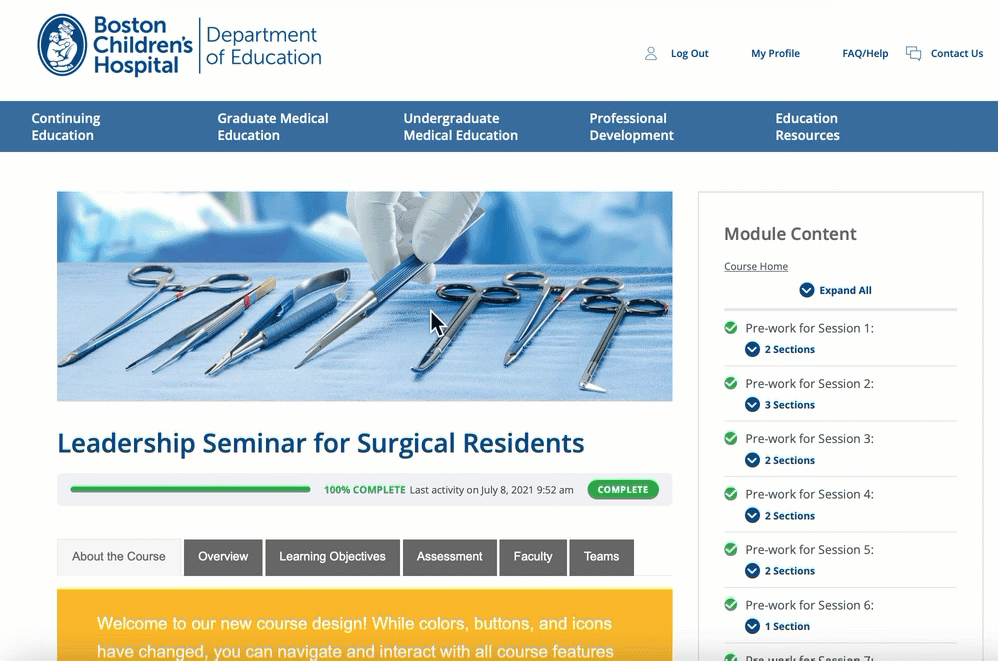
How do I claim credit for this course?
How do I download a certificate?
How do I view/print my transcript?
How do I request a refund?

